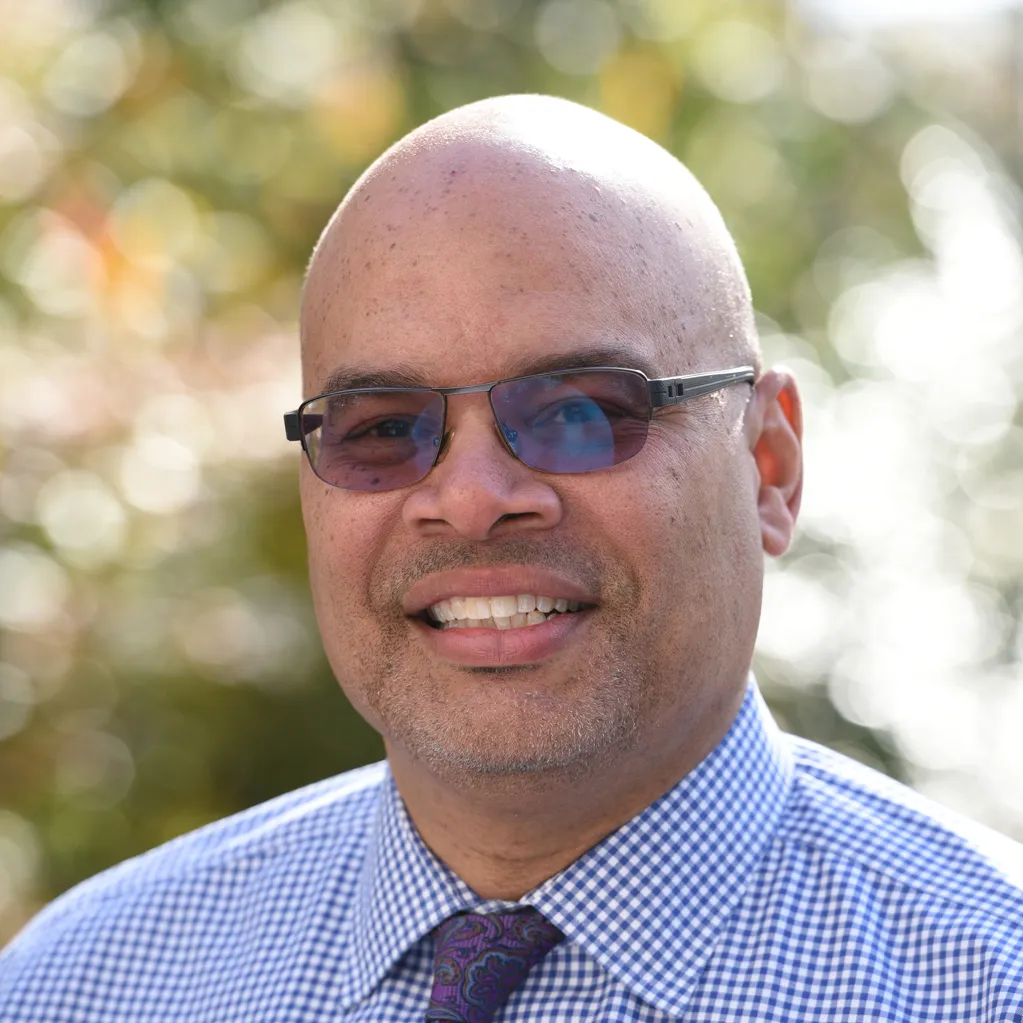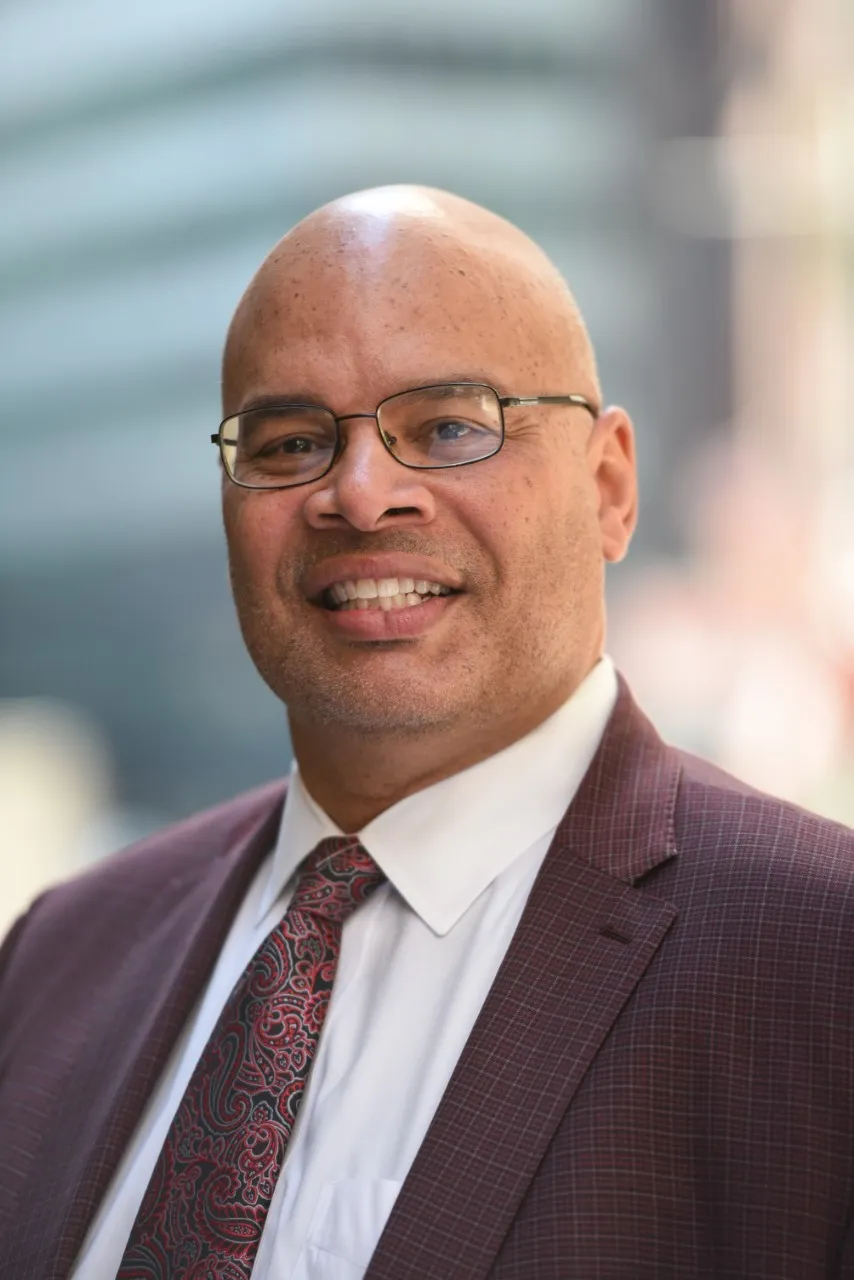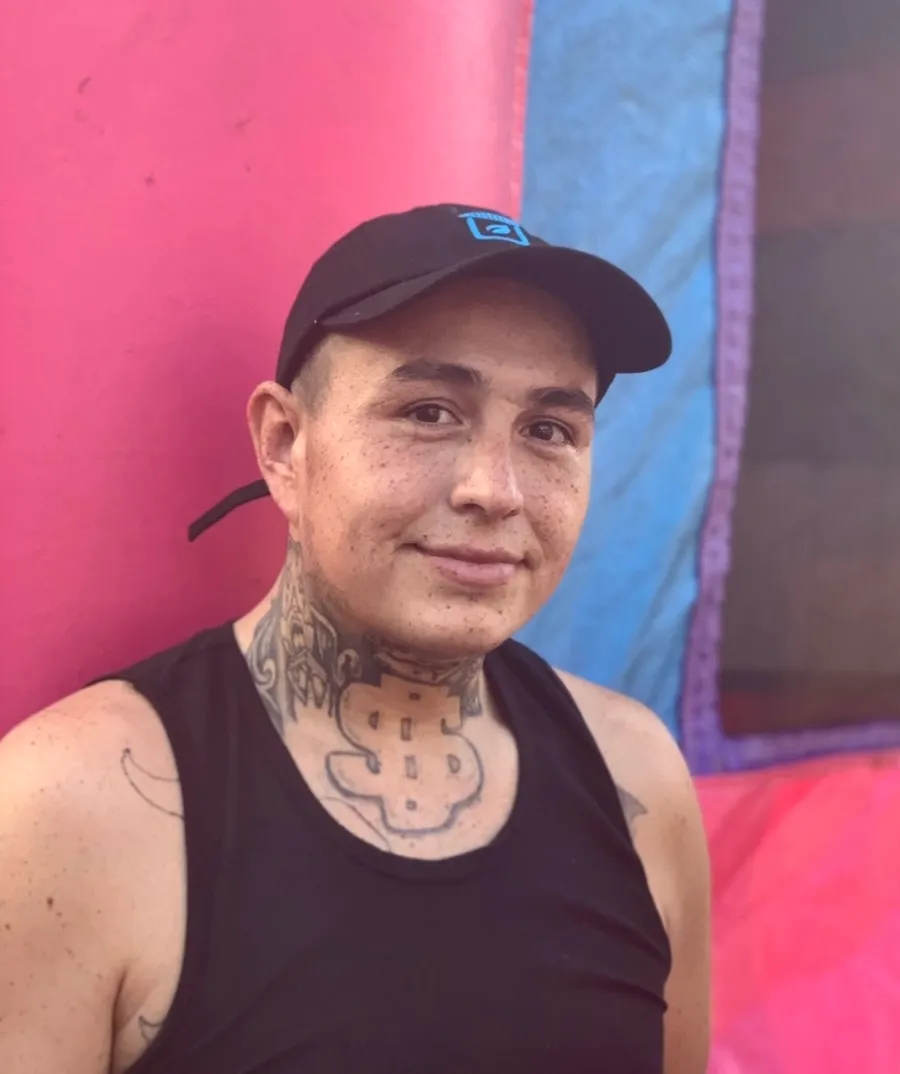This article was originally published on HR.com
Imagine what it is like to look for work with a past felony conviction. Every time you are applying for a job, the burden of your conviction weighs on you. You worry about having to explain your conviction to a hiring manager -- a person that doesn’t know you. Even if you are qualified for a job, you might find it hard to get past the initial application process, where you may have to check a box indicating you have a past conviction, and you know deep inside that you won’t get a call back.
You worry about how you will be perceived by that hiring manager. Will they want details about your past crime? How do you explain being on parole or probation to them? Will they ask probing questions about your prior arrests or other past behaviors -- questions that may be illegal in states and cities that have Fair Chance Hiring Laws or under guidance from the U.S Equal Employment Opportunities Commission?
You worry so much about the stigma you may face that you don’t prepare for the other questions that should be the focus of an interview. Questions about how your experience and knowledge relate to the job itself. Questions that employers should know the answers to if they want to hire the best talent for a job.
More than 110 million Americans have an arrest record; and over 70 million Americans have a criminal record, including nearly 20 million that have a felony conviction. Arrests and convictions are discoverable during a background check that employers have increasingly relied on to make hiring decisions. Yet these records are often misleading and contain errors.
A felony conviction, in particular, saddles a person with perpetual punishment through thousands of collateral consequences designed to limit their ability to work, vote, travel, or otherwise engage fully in civic life. African-Amercians are five times more likely to be incarcerated than whites and a third of all Black men have a felony conviction. No serious effort to address the racial wealth gap, poverty and a lack of job opportunities for Black Americans can be successful without strategies that help job seekers with past criminal convictions.
Despite the challenges, job seekers with past convictions are motivated to work and want to contribute to their communities. Employers who hire these job seekers are realizing the benefits of this untapped talent pool.
One study, looking at the U.S military, found that enlistees who received felony conviction waivers were 32 percent more likely to attain rank, earn a GED or college credits. A Northwestern University study found that individuals with criminal records have a much longer tenure and are less likely to quit their jobs voluntarily than other workers. Finally, employees are open to change -- only 15% of managers reported being unwilling to work with people with convictions.
Many companies struggle to successfully reach and support talent with past convictions. To help these companies the Society for Human Resource Management (SHRM) updated their Getting Talent Back to Work initiative with new content.
Companies can also take other actions to promote an inclusive culture that welcomes people with convictions.
- Review your recruitment and hiring approach to make sure you are accessing diverse talent. Partner with local organizations that are working to help job seekers with criminal convictions.
- Consider ways to enhance your benefit offerings to support employees with past convictions. This can include more flexible time-off policies, enhanced access to mental health services, and providing immediate access to training and educational benefits if offered.
- Remove unnecessary criminal exclusions to provide greater opportunities for qualified candidates to move through the hiring process. Consistent with guidance from the US EEOC and the courts, employers should conduct an individualized review of each applicant that considers the nature of the crime, the time since conviction, and the nature of the job. A best practice is to only ask about a prior conviction once a conditional offer of employment is made.
- Make an explicit commitment to address racial equity. Racism is the foundation for mass incarceration and other inequities that have systematically limited opportunities for Black Americans. Companies are increasingly pledging to take significant steps to address this. These pledges must be backed up by investment, leadership and action on the part of employers.
- Make training on implicit bias available for all employees.
A criminal conviction should not equate to a lifetime of perpetual punishment. A person’s race or their past criminal conviction should not be a significant factor in the life opportunities they can enjoy. Talent professionals and companies can play an important role in ending mass incarceration by opening up opportunities for job seekers with past convictions. This is not just good for society, it is good for business.




